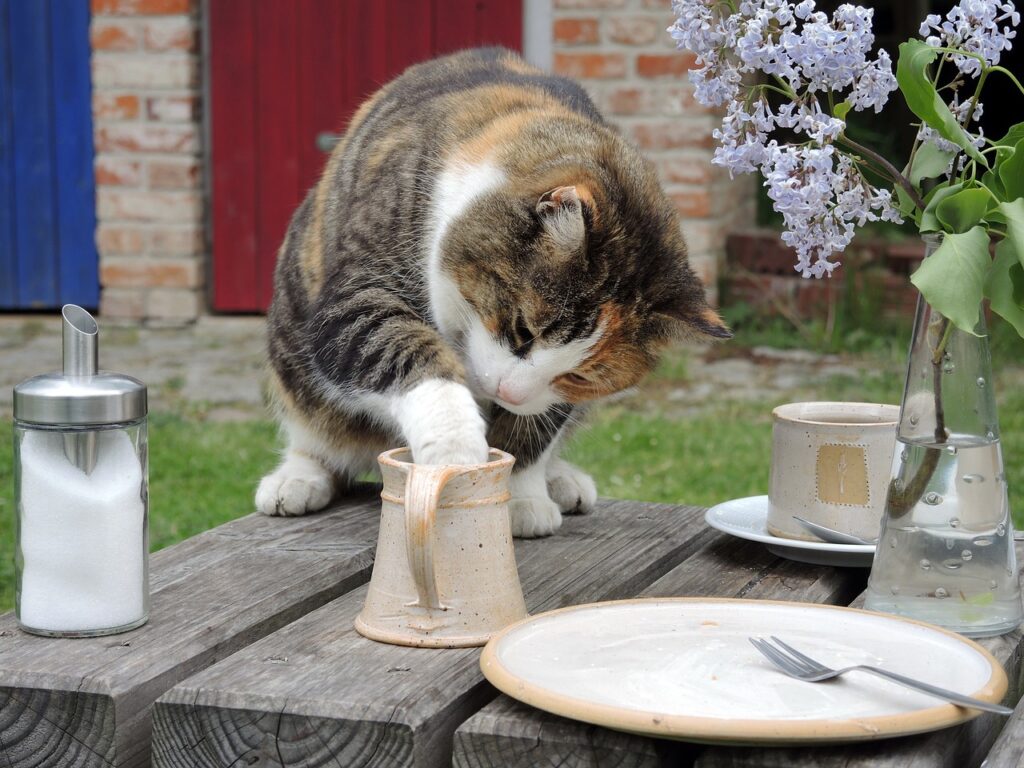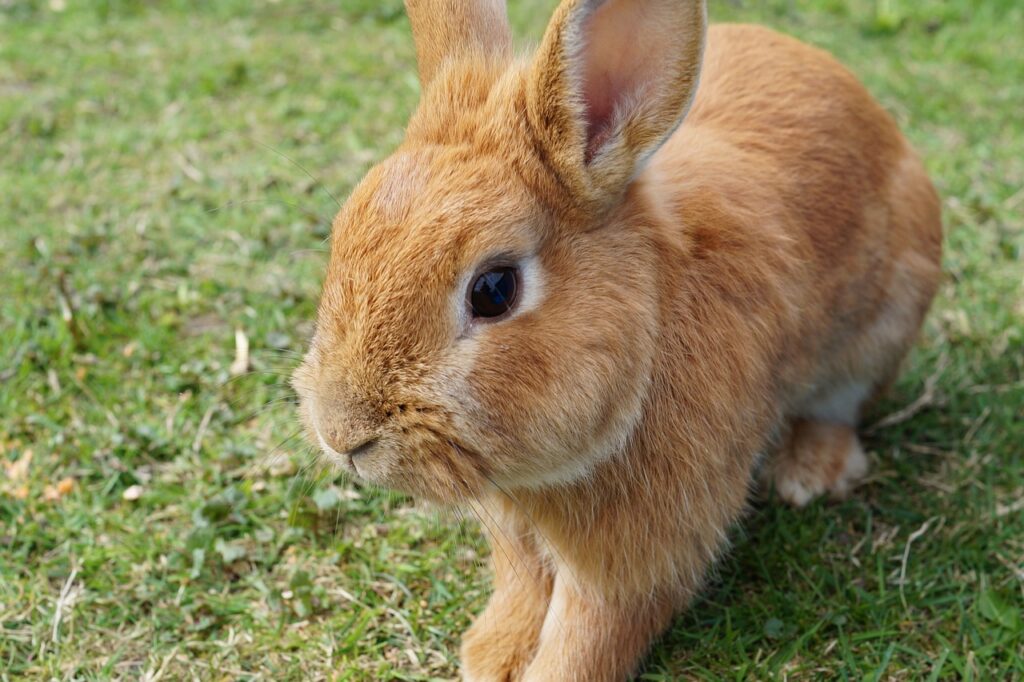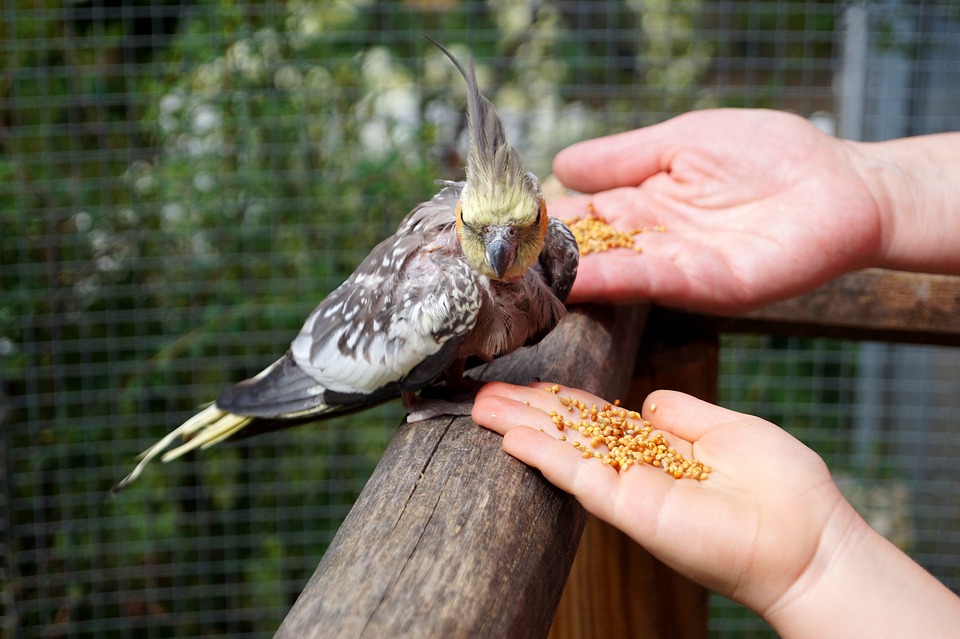As pet owners increasingly seek natural and nutritious alternatives for their furry companions, goat milk has emerged as a popular topic of discussion. Many wonder whether this creamy, nutrient-rich beverage that humans have enjoyed for centuries is safe and beneficial for their beloved pets. Understanding how different animals respond to goat milk can help you make informed decisions about incorporating it into your pet’s diet.
Why Pet Owners Consider Goat Milk
Goat milk has gained attention in the pet community due to its unique nutritional profile and digestibility. Unlike cow’s milk, which can cause digestive upset in many pets, goat milk contains smaller fat globules and different protein structures that may be easier for animals to process. Additionally, goat milk is naturally rich in probiotics, vitamins, and minerals that can support overall pet health when used appropriately.
Dogs and Goat Milk: A Generally Positive Relationship
Most dogs show enthusiasm for goat milk, often viewing it as a special treat. Canines typically digest goat milk better than cow’s milk because it contains less lactose and has a different protein composition. Many dog owners report that their pets eagerly lap up goat milk when offered, showing clear signs of enjoyment through tail wagging and excited behavior.
The benefits for dogs can be significant. Goat milk provides high-quality protein that supports muscle development and maintenance. The probiotics naturally present in raw goat milk can promote healthy gut bacteria, potentially improving digestion and boosting immune function. Many dogs with sensitive stomachs or food allergies find goat milk easier to tolerate than traditional dairy products.
However, moderation is key. Even though dogs generally handle goat milk well, it should be introduced gradually and offered as an occasional treat rather than a regular meal replacement. Start with small amounts to assess your dog’s individual response, as some dogs may still experience mild digestive upset if given too much too quickly.
Cats and Goat Milk: Cautious Curiosity

Cats present a more complex relationship with goat milk. While adult cats are naturally lactose intolerant, many show curiosity about goat milk due to its appealing aroma and taste. Some cats will readily drink small amounts, while others may sniff and walk away, displaying their typical selective nature.
Interestingly, many cat owners report that their felines show more interest in goat milk than cow’s milk. This preference might be due to goat milk’s naturally richer flavor profile and different protein structure. Some cats that normally avoid dairy products will sample goat milk, though their reactions vary considerably based on individual tolerance levels.
For cats that do enjoy goat milk, the benefits can include improved coat shine, better hydration, and potential digestive support from natural probiotics. However, it’s crucial to offer only small quantities and monitor for any signs of digestive distress, such as diarrhea or vomiting.
Small Pets: Rabbits, Guinea Pigs, and Ferrets

Smaller pets show varied responses to goat milk depending on their natural dietary needs. Rabbits, being herbivores, typically should not consume goat milk regularly, though some may show mild curiosity. Their digestive systems are designed for plant-based nutrition, and dairy products can disrupt their delicate gut balance.
Guinea pigs similarly have specialized dietary requirements focused on vitamin C-rich vegetables and hay. While they might investigate goat milk if offered, it’s not appropriate for their nutritional needs and could potentially cause digestive issues.
Ferrets, being obligate carnivores with fast metabolisms, may show interest in goat milk, but their dietary requirements are best met through high-protein, low-carbohydrate foods specifically designed for their species.
Birds and Exotic Pets: Individual Considerations

Pet birds typically shouldn’t consume dairy products, including goat milk, as they lack the enzymes necessary to properly digest lactose. However, some bird owners report that their pets show curiosity about the smell and may attempt to taste it if given the opportunity.
Exotic pets like reptiles, amphibians, and most pocket pets have specialized dietary requirements that don’t include dairy products. Their digestive systems aren’t equipped to handle milk of any kind, and offering it could lead to serious health complications.
Safety Considerations and Best Practices
When introducing goat milk to pets, several important safety factors must be considered. Always choose high-quality, pasteurized goat milk from reputable sources to minimize the risk of harmful bacteria. Raw goat milk, while containing more probiotics, carries potential risks that may not be worth taking for pet consumption.
Start with very small amounts – perhaps a teaspoon for cats and small dogs, or a tablespoon for larger dogs. Monitor your pet closely for 24-48 hours after the first introduction, watching for signs of digestive upset, changes in stool consistency, or any unusual behavior.
Never use goat milk as a meal replacement or primary nutrition source. It should only be offered as an occasional treat or supplement to a balanced, species-appropriate diet. Pets with known food allergies, sensitive stomachs, or chronic health conditions should only try goat milk under veterinary supervision.
Signs of Positive and Negative Reactions
Positive reactions to goat milk in pets typically include enthusiasm during consumption, normal digestion without upset, and potentially improved coat condition over time with regular but moderate consumption. Some pets may show increased energy or improved hydration status.
Negative reactions can include diarrhea, vomiting, excessive gas, stomach discomfort, or behavioral changes indicating distress. If any of these symptoms occur, discontinue goat milk immediately and consult with your veterinarian if symptoms persist.
Conclusion
The relationship between pets and goat milk varies significantly among species and individual animals. While dogs generally respond most positively and cats show cautious interest, smaller and exotic pets typically don’t benefit from dairy inclusion in their diets. The key to successfully incorporating goat milk into your pet’s routine lies in understanding your individual animal’s needs, starting with small amounts, and prioritizing their primary nutritional requirements. Always consult with your veterinarian before making significant changes to your pet’s diet, especially if they have existing health conditions or dietary sensitivities.
